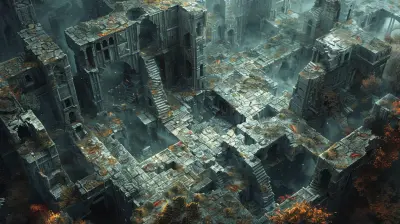Unique Combat Systems in RPGs That Break the Mold
15 June 2025
Let’s face it—after playing a few RPGs, combat can start to feel a little... samey. Swing sword. Cast fireball. Drink potion. Repeat. Yeah, it works, but where’s the spice? Where's the innovation?
Luckily, there are some games out there that threw the rulebook out the window and said, “Nah, we’re doing this our way.” Today we’re diving into unique combat systems in RPGs that break the mold, the ones that dared to be different and pulled it off beautifully.
So if you’re tired of button-mashing and waiting for cooldowns, keep on reading. We’re about to take a look at RPGs that made combat exciting again by flipping the script.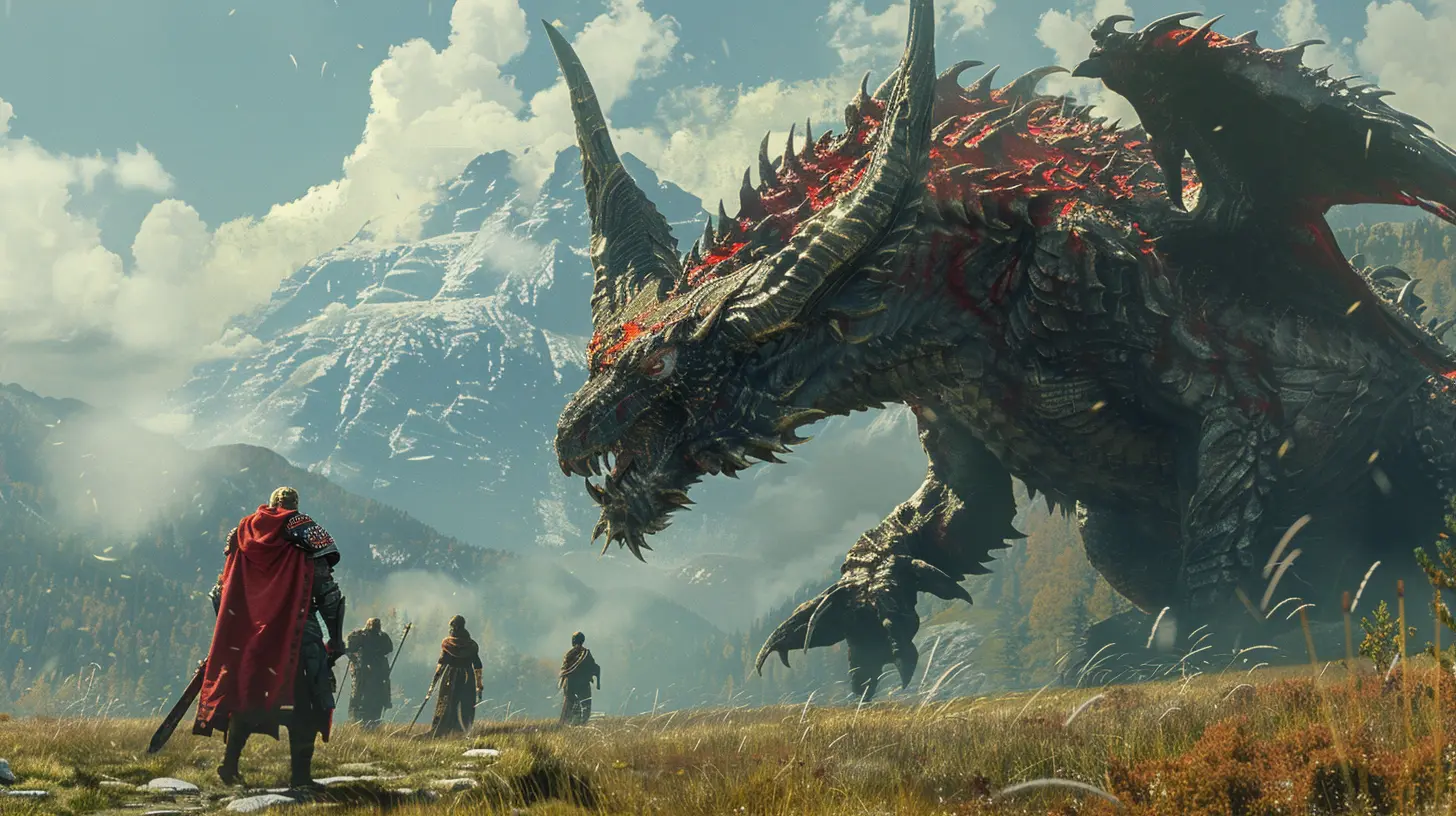
Why Combat Systems Matter More Than You Think
Most people think RPGs are all about story and characters—and they’re not wrong. But if you’re going to spend 30+ hours in a game world, the combat better be more than just clicking buttons, right?A good combat system can actually make or break the experience. It can turn a decent RPG into a legend. It keeps you engaged, forces you to think differently, and gives you that "just one more fight" itch.
Let’s look at some standout games that did things differently and nailed it.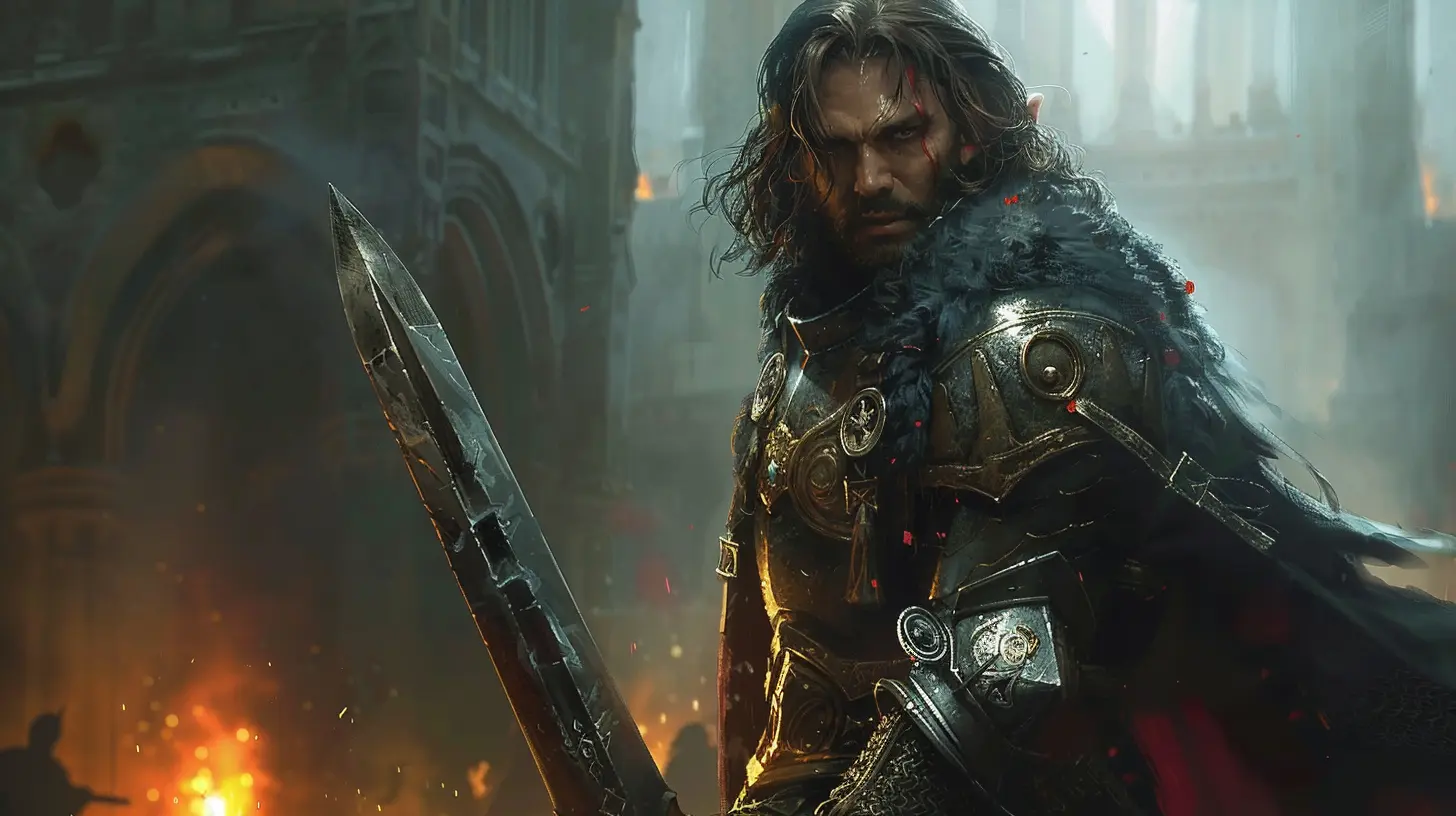
1. Undertale – Combat That Tests Your Morals
Let’s kick things off with a little indie gem you've probably heard of: Undertale. This game tosses traditional RPG combat out the window and drops you into a moral maze.How It Breaks the Mold
Instead of simply attacking enemies, you can talk to them, flirt with them (yes, really), or even spare them. Every enemy has a personality, and your choices affect the outcome of the entire game.Oh, and let’s not forget the combat mechanics. It's part turn-based, part bullet-hell shooter. You dodge attacks in real-time during the enemy’s turn, which adds a layer of skill that most turn-based systems lack.
Why It's Brilliant
Undertale doesn’t just change the how of combat; it changes the why. It challenges your sense of right and wrong and makes every battle feel like a conversation rather than a confrontation.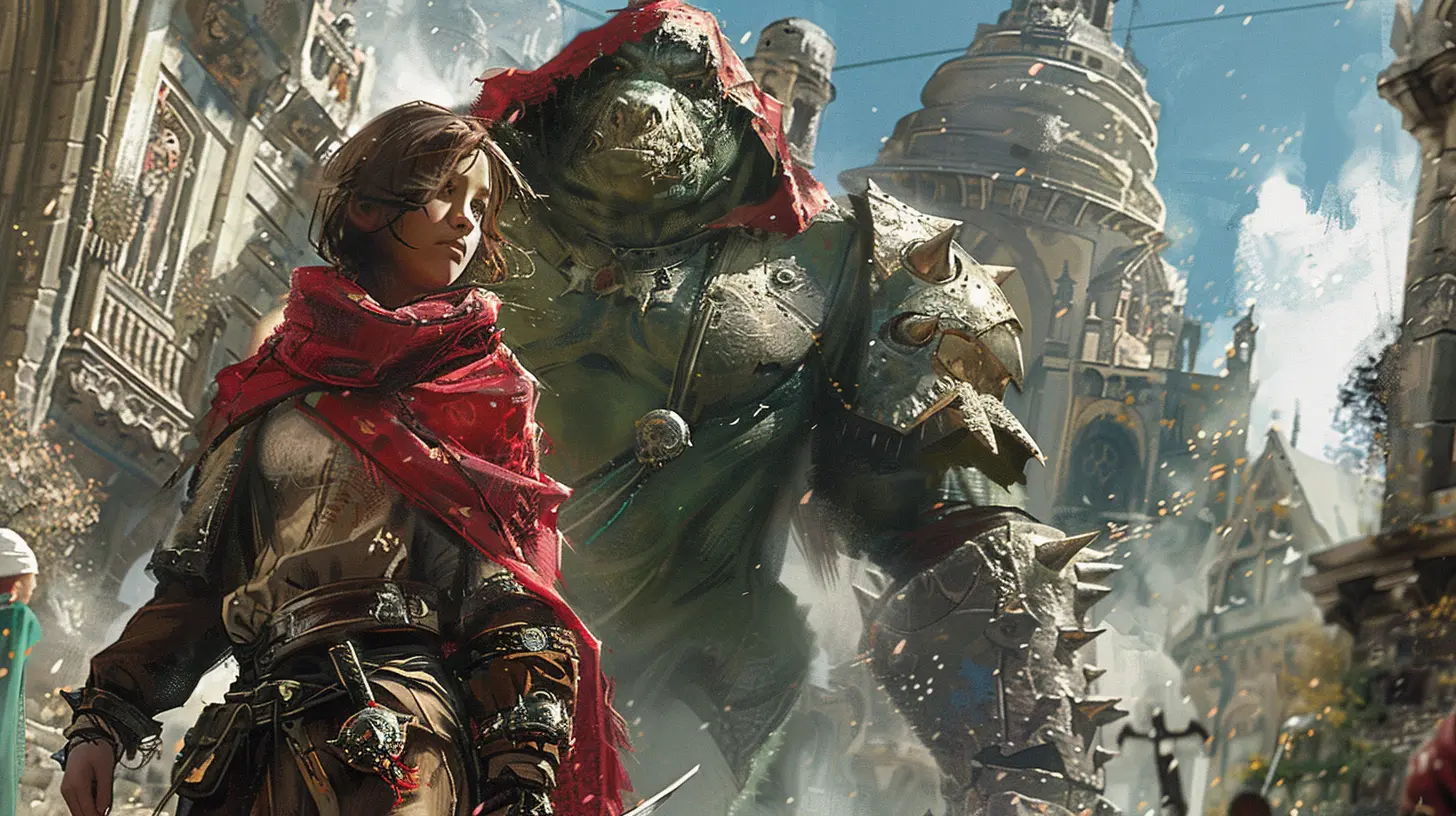
2. Divinity: Original Sin II – Environmental Chaos
If you haven’t played Divinity: Original Sin II, you’re missing out on one of the most complex yet rewarding combat systems ever crafted.Elemental Mayhem
In this game, the battlefield isn’t just a background—it’s part of the fight. Cast a rain spell? Now the ground’s wet. Follow it up with lightning? Boom, everyone’s stunned. Poison the enemies, then set it on fire? That’s some next-level strategy.Why It Works
It makes you think like a tactician. You're not just throwing out your biggest spells—you’re creating combos, exploiting terrain, and setting traps. It feels like playing 4D chess with fireballs.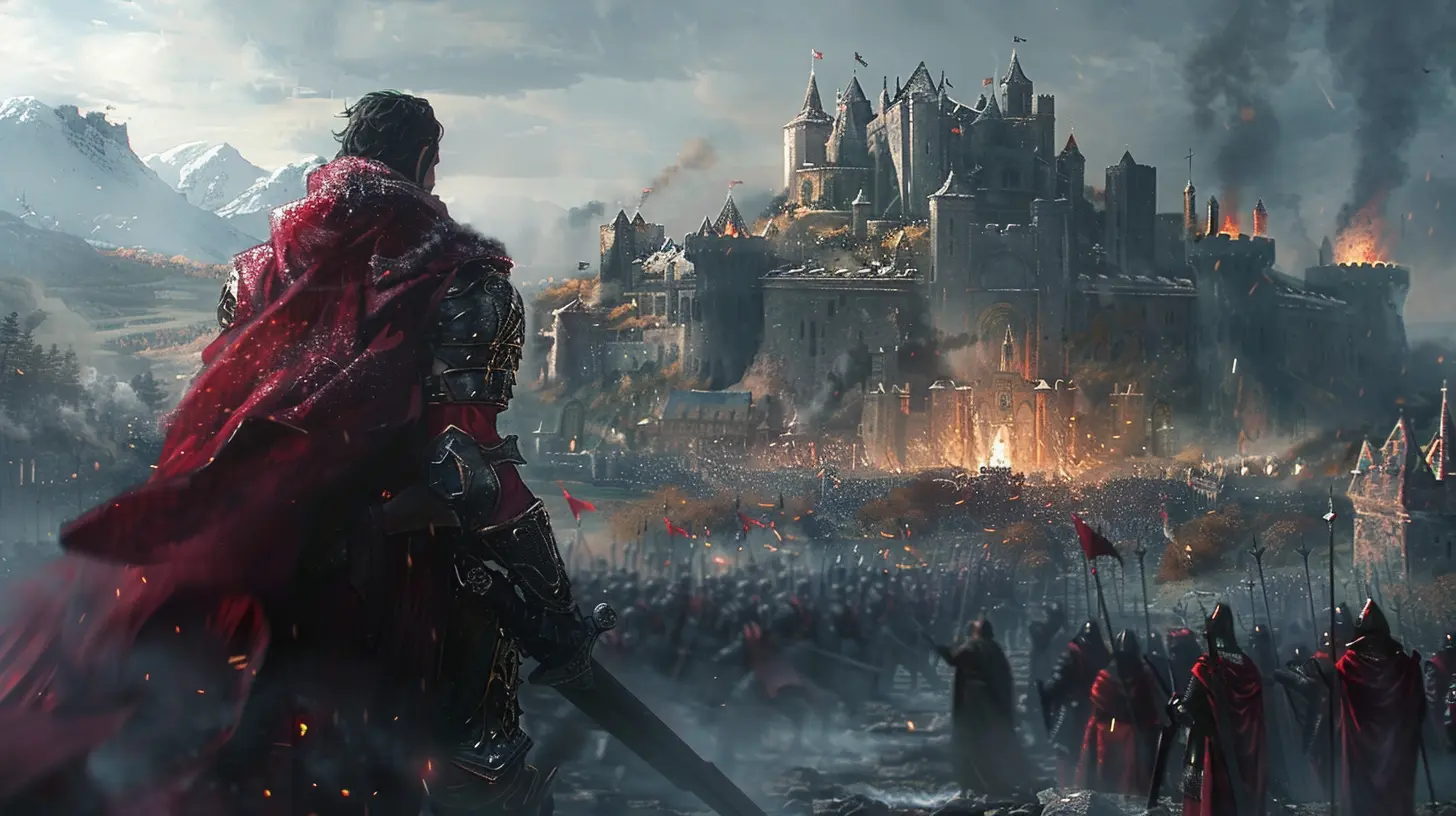
3. Final Fantasy XII – Gambit System
Final Fantasy XII took a big risk with its Gambit System, and it definitely divided fans. But love it or hate it, you can’t deny it was unique.Program Your Party
Instead of micromanaging every character in battle, you set up conditional commands—called “gambits”—ahead of time. For example: If ally HP < 50%, then cast Cure.It’s like writing simple code for your party's AI. And once you perfect your setup, watching everything unfold flawlessly feels incredibly satisfying.
Why It’s Smart
It turns combat into automation and optimization. It’s less about button-mashing and more about preparation. It rewards players who think ahead and understand the mechanics deeply.4. Transistor – Real-Time and Turn-Based Hybrid
Supergiant Games, the minds behind Bastion and Hades, hit gold with Transistor. The combat is a seamless fusion of real-time action and tactical turn-based planning, which is as cool as it sounds.Time to Think
You can pause time using a mechanic called Turn(), map out your actions like a chess master, then unpause and watch it all unfold in a beautifully orchestrated dance of blades and blasts.You can also fight in real-time if you want, but using Turn() gives you control that most action RPGs don't offer.
Why It Rocks
You get the best of both worlds. You can be quick on your feet, but you’re also rewarded for thinking things through. It’s like combining Street Fighter with a strategy game.5. The Legend of Dragoon – Timed Attacks
Who says turn-based combat has to be boring? The Legend of Dragoon adds something simple—but effective—with its “Addition” system.Tap That X Button
When attacking, players have to press buttons in time with prompts on the screen to extend combos. It adds rhythm and timing, making even regular attacks feel interactive and skill-based.Why It Keeps You Awake
No more zoning out during combat. You’ve got to stay sharp and keep your timing perfect. It's a small tweak that adds a lot of engagement.6. The World Ends With You – Multi-Touch Action
Okay, now we’re getting into really wild territory. The World Ends With You (originally on Nintendo DS) used both screens—yes, both—to create a completely unique form of combat.Hand-Eye Chaos
You controlled one character with the touchscreen (stylus swipes, taps, etc.) and another with the D-pad at the same time. It’s chaotic, and yeah, it has a steep learning curve, but once you get it? Pure artistry.Why It’s Special
It makes full use of the hardware and demands your full attention. You’re battling on two fronts, managing combos, and reacting to enemy behavior simultaneously. And no, there’s nothing else quite like it.7. Child of Light – The Timeline System
On the surface, Child of Light looks like a simple, gorgeous fairy tale. But its combat system introduces a twist on the standard turn-based format that adds serious depth.Speed Matters
There’s a timeline at the bottom of the screen showing when each character (and enemy) will act. You can manipulate this timeline—slowing foes, speeding up allies, or interrupting enemies if you act at just the right moment.Why It’s Elegant
It adds a time-based layer that makes every decision matter. It’s still turn-based, but now you're playing a subtle game of speed management and timing.8. Xenoblade Chronicles – MMO-Inspired Real-Time Trigger Combat
While a single-player RPG, Xenoblade Chronicles mimics MMO-style combat, blending real-time auto-attacks with skill-based ability triggers.You’re on the Move
Positioning is everything. Some attacks do more damage from the side or back. You’re constantly moving, timing your cooldowns, and watching enemy aggro. It’s like managing a boss fight in World of Warcraft… all by yourself.Why It’s Involving
It keeps you doing something at all times. You’re always adjusting, reacting, and planning your next combo. It’s dynamic, engaging, and feels more alive than your typical RPG battle.9. Darkest Dungeon – Psychological Warfare
This one’s for the masochists. Darkest Dungeon throws a stressful twist into your typical dungeon crawl. Not only do you need to keep your party alive—you’ve got to keep them sane.Stress as a Mechanic
Your heroes can get stressed out, panicked, and even develop phobias mid-fight. A scary enemy or a death in the party can push them over the edge. They'll start disobeying commands, arguing with teammates, or just straight-up losing it.Why It Adds Depth
It's not just about health bars anymore. You’re managing morale, mental stability, and stress levels. Failure doesn’t just come from losing HP—it comes from psychological breakdowns.10. Shadow Hearts – The Judgment Ring
Talk about blending skill with turn-based combat. Shadow Hearts uses the Judgment Ring, a circular gauge that determines the success of actions based on timed button presses.Spin the Wheel
When attacking or using items, you've got to hit the button at precise moments on this spinning ring. The better your timing, the stronger your results.Why It Stands Out
It turns passive commands into active mini-games. Every choice feels like a game within a game, which means you’re never just going through the motions.Final Thoughts – Why These Systems Matter
All these systems share one thing in common: they make you feel the combat. Whether it's through timing, positioning, real-time tactics, or moral dilemmas, you're not just issuing commands—you’re in the battle.That’s what sets great RPGs apart. Not just deep stories or sweeping worlds (though those help), but combat that respects your brainpower and keeps you on your toes.
So the next time someone says “RPG combat is boring,” point them to this list. These games are proof that with a little creativity, even the oldest genre tropes can feel fresh again.
all images in this post were generated using AI tools
Category:
Role Playing GamesAuthor:

Jack McKinstry
Discussion
rate this article
2 comments
Tracie Jacobs
Great article! It’s fascinating to see how innovative combat systems can redefine player experiences in RPGs. I particularly loved the examples you provided—each one truly showcases creativity in game design!
June 23, 2025 at 3:36 AM

Jack McKinstry
Thank you! I’m glad you enjoyed the article and found the examples inspiring. Innovation in combat systems really can transform player experiences!
Jocelyn Torres
This article offers insightful perspectives on innovative combat systems in RPGs. I appreciate how it highlights diverse mechanics that enhance gameplay and create memorable experiences for players. Well done!
June 15, 2025 at 4:14 AM

Jack McKinstry
Thank you for your thoughtful feedback! I'm glad you found the insights on innovative combat systems engaging.
